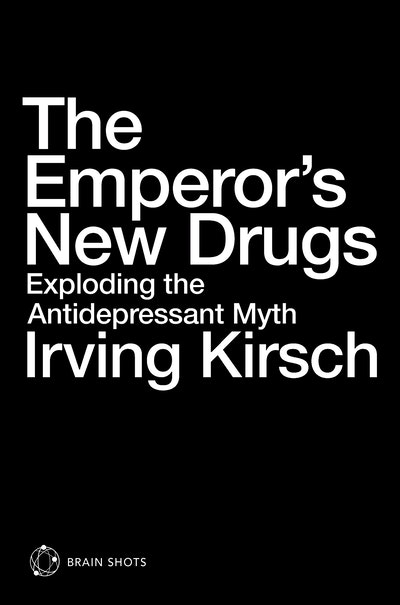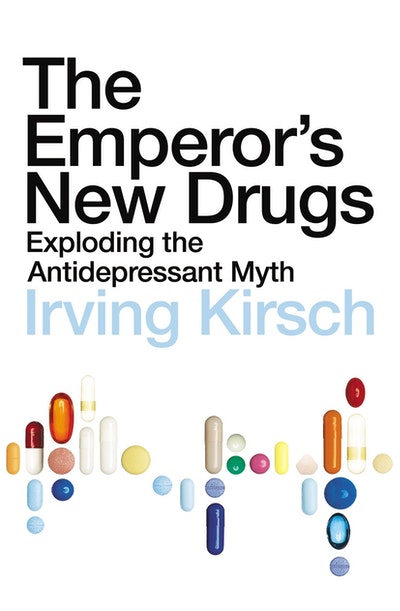The Emperor's New Drugs Brain Shot
Buy from…
- Published: 2 July 2010
- ISBN: 9781407073637
- Imprint: Vintage Digital
- Format: EBook
- Pages: 25
A beautifully written, profoundly important book that is sure to shake up the psychiatric establishment and pharmaceutical industry.
David D. Burns M.D., author of Feeling Good: The New Mood Therapy
A terrific account of how optimism, greed and scientific incompetence have misled us about the nature of depression and the drugs we throw at it
Druin Burch, author of Taking the Medicine
A fascinating and disturbing book
Literary Review
Kirsch's account of the background and assumptions of the "chemical imbalance" theory of depression is helpfully clear, and his damning critique convincing. Similarly, his explanation of placebos and how they work allows the reader to get to grips with some fascinating possibilities.
David Smail, Times Higher Education Supplement


